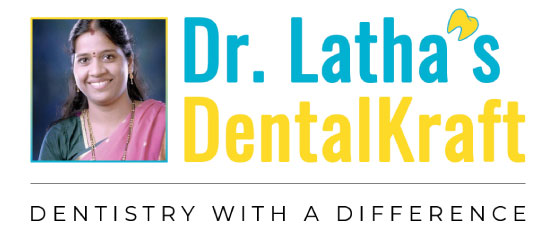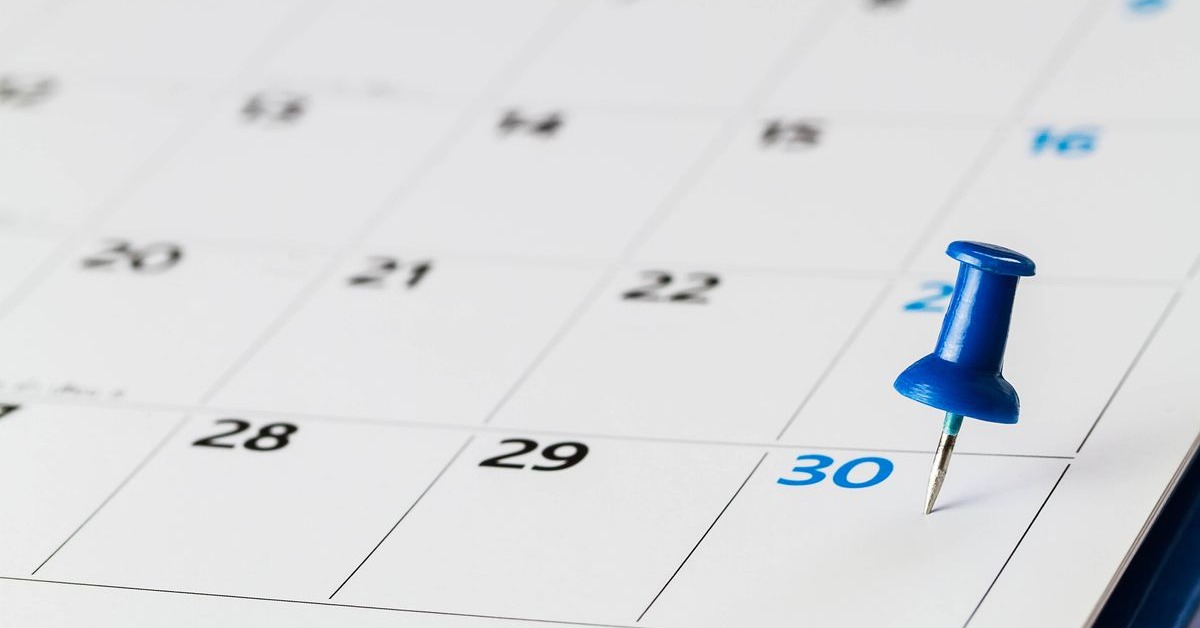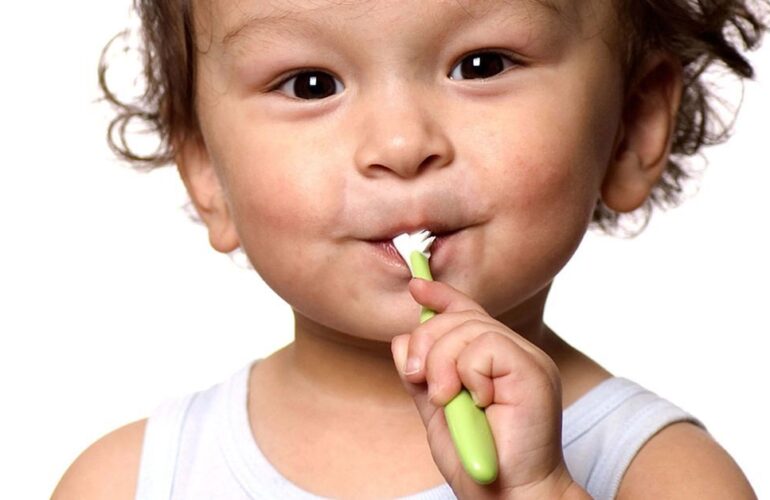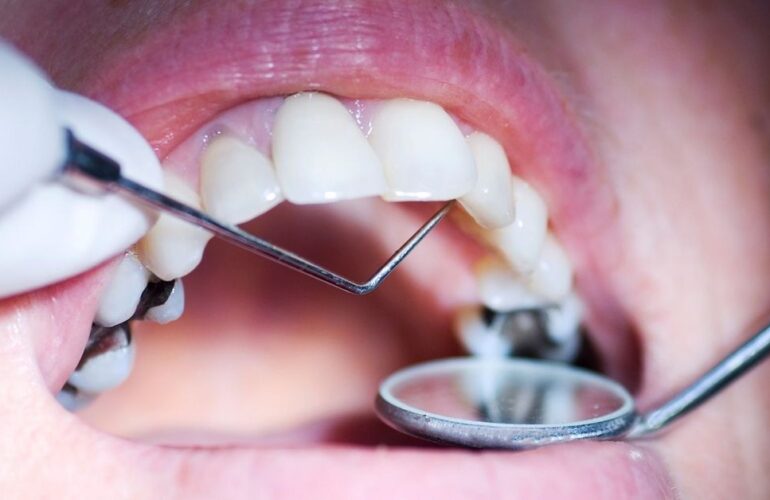Why a Regular Dental Appointment is Important
Fixing regular appointments with the dentist is more than just a good habit, it is a necessity if you want to actively work towards your health and well-being. If not quarterly, you should schedule a visit at least every 6 months.
Particles from the food that we eat every day get stuck in between teeth, and in the gums, leaving your mouth susceptible to a range of oral diseases, not to mention a broader range of overall health problems. In light of this fact, it is critically important to move dental appointments several notches up in your list of priorities. A preventive approach to health care is far wiser to adopt than a corrective one.
Confronting Bad Breath
Bad breath is a much more common problem than you’d think; according to Harvard Health, nearly 30% of the population faces this problem at some point or the other. But if you regularly experience bad breath, chances are you’ve got Halitosis, a condition not to be taken lightly. In such a case, visiting the dentist is an absolute must.
Moreover, this is a good reason to schedule regular appointments with the dentists and take preventive measures if necessary. In the case of Halitosis, your teeth will be thoroughly examined to narrow down the root cause of the issue. This is immensely beneficial as it determines the course of action prescribed by the dentist.
Maintaining Oral Hygiene
Normally, a dental appointment involves two main aspects: check-up, or examination; and the cleaning process – what is known as prophylaxis.
During the examination, your dentist will check for cavities and any lingering issues of bad oral hygiene. He may take X-rays in order to determine if there are bacteria in between the teeth. In addition, he will most likely check for plaque – a layer of bacteria that sticks in the mouth – as well as for tartar. Plaque and tartar can’t be eliminated just by brushing because they become hardened layers over time; your dentist will have to help you address these issues in a focused way.
Next, your gums will have to be checked for cleanliness. This is usually done with a specialized tool that looks deeply into the spaces between the gums and the teeth. Deeper spaces there indicate the possibility of gum disease. Dental check-ups are, of course, not limited to gums and teeth – your dentist will also carefully examine your tongue, throat, and neck for symptoms.
Your dentist will then proceed to deep-clean your teeth, utilizing specific instruments and tools to remove tartar, in a process that is known as scaling. Once scaled, your teeth will most likely need to be polished using a gritty paste that fights off any stains. He will then use floss to ensure that the areas between your teeth are cleaned.
Routine Checkups to Help Prevent or Detect Oral cancer
A visit to the dentist isn’t just about checking and cleaning teeth. Granted, maintaining oral hygiene and confronting lingering dental issues are the primary goals – but it’s wise to remember that it’s your dentist who will be able to detect any early signs of oral cancer. Naturally, the ramifications are serious if the symptoms are left undetected.
The dentist will use a special light to look for dead tissue brought on by cancerous tumors, in a process known as the VELscope cancer exam. It only takes a couple of minutes but it is completely effective. A person who pays regular visits to the dentist – say, every 6 months – has little to no chance of facing late-stage oral cancer.
Protecting Your Overall Long-Term Health
Good oral health plays an important role in an individual’s well-being when you consider the fact that all your body organs are connected in a complex way. Needless to say, a regular visit to the dentist also contributes to maintaining your overall health, confronting the risk of serious ailments developing at a later stage.
Finding a reliable long-term dentist is extremely important. It can make all the difference in your quality of life.




